What happens when electric car batteries die?
Ever wondered what happens to the battery of your EV? We tell you everything you need to know including how to preserve and recycle them.
Electric cars have been seen as viable, mainstream options for those wanting to cut their carbon footprint for many years now. In fact, electric cars such as the BMW i3 and Nissan Leaf have been available in the UK for nearly a decade now. With that in mind, it’s often questioned how long EV batteries last and what happens to them when they die?
Similarly to all electronic gadgets, electric car batteries degrade and become less effective over time. You wouldn’t expect your smartphone to still be running at the same level after a few years, and that’s the same for electric cars. As an EV's lithium-ion battery degrades, the vehicle’s driving range is often impacted.
At the moment, EV experts and manufacturers expect an electric car's battery to start depleting after hundreds of charges and use cycles. Many manufacturers offer a battery warranty on a new electric car of up to 10 years or 100,000 miles. Of course, this is just a guideline and many EV drivers get many more years of use out of their electric cars.
These kinds of figures put the lifespan of an electric vehicle's battery in line with an engine of a conventional petrol or diesel model.
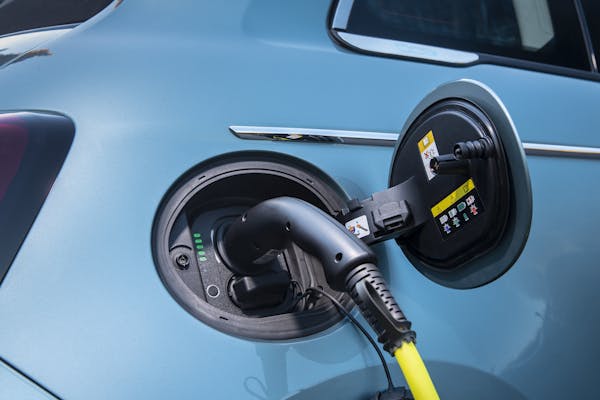
Can drivers help preserve the battery of their electric car?
While it does take years of driving for an electric car’s battery to begin to degrade, there are some small tricks EV drivers can do to hold off the effects. Unsurprisingly, these are all to do with how and when you charge your electric car.
The first method is to ensure you are not regularly charging your electric car to 100%. While this may sound silly, it’s no coincidence that EV manufacturers often quote charging times to 80% rather than to 100%. Charging your electric vehicle to 80% will leave it running more efficiently and you’ll still have enough miles to get you to your destination.
Likewise, allowing an electric car’s battery to drop below 20% is not ideal either. Instead, drivers should aim to keep their electric car between 20% and 80% in order for efficiency to be at its highest level.
Did you know that frequently using DC rapid chargers can also have a negative impact on your electric car’s battery life? Rapid chargers have a lot of great perks. They’re the quickest way to top up an EV and are convenient to use on the go. However, they’re not so great for your EV's battery life.
Many electric cars now have advanced battery management systems that help calm the effects of rapid charging. These protect the battery from overcharging. Just like we’re advised not to overcharge our smartphones as it could impact the efficiency, the same is said for electric vehicle batteries. Battery management systems help by reducing the power delivered by the charger once the battery is more than 80% charged.
Eventually all electric vehicle batteries will degrade to a point where they are no longer usable - at least not for an electric car. At this point, there are a couple of different options to guarantee batteries are being reused and recycled.

Energy storage systems
As electric vehicle technology is advancing so rapidly, it often isn’t viable to use older batteries in brand new electric cars. Instead, the most common second life use is as domestic or commercial energy storage systems.
These are used in conjunction with solar panels and work by retaining the electricity produced during the daytime and releasing it at night. This can massively reduce someone’s dependence on the grid and reduce energy bills. Plus, you’ll have the pleasure of knowing you’re producing zero-emission energy to run your home or business.
Many manufacturers offer energy storing solutions made from the batteries of their electric cars. Most famously is Tesla's Powerwall which repurposes Model 3 and Model S batteries. The brand boasts that the Powerwall can produce 13.5kWh of usable energy.
Despite these stats, it has to be said that the Powerwall is very expensive. With the unit itself, supporting hardware and installation, it can cost over £15,000 for domestic households. A much more affordable option would be Nissan’s xStorage battery (4.2kW or 6kWh) which could only cost around £8,000 in total.
Alongside the cost, many argue how necessary energy storage solutions are, especially for domestic use. Research from OfGem shows that the average UK household only uses roughly 8kWh of electricity per day. It’s brilliant that EV batteries are being reused, but could it be more effective to recycle the materials directly?
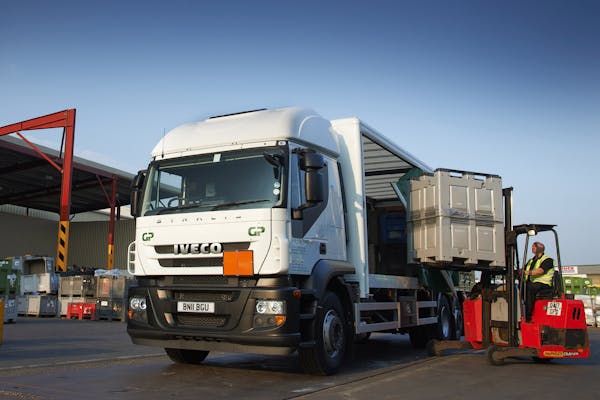
Recycling materials from EV batteries
Many manufacturers are working to guarantee their EV batteries are recyclable when they come to the end of their lifespan. This is best done when a battery has reached the end of its life and cannot be reused elsewhere. Back in 2006, the EU introduced the Battery Directive which meant all EU member states would have to commit to recycling at least 50% of all batteries.
Meanwhile, in December 2020 new regulations came into play which aims to ensure that all batteries placed within the EU market are sustainable and safe throughout their entire lifetime. Recycling electric car batteries involves separating out the valuable materials, such as cobalt, lithium salts, stainless steel, copper, aluminium and plastic. All of these can be easily recycled.
However, it is more challenging to recycle the actual battery cells and the metals they contain as they’re often dangerous to access. The electrolyte is flammable and highly toxic meaning all EV batteries need to be carefully handled when being recycled. All these hazards must be dealt with before the rest of the battery can be recycled.
As electric vehicle batteries provide a lot of energy in a small package, it’s commonly agreed that these precious metals should be recycled for other transport applications. Domestic and commercial energy storage systems do not need to be as lightweight or powerful, so it would be a waste to recycle the metals there.
Likewise, there is ongoing pressure surrounding the use of cobalt with electric vehicles. Cobalt is largely mined in the Democratic Republic of Congo which raises serious ecological and human right concerns. As a result, many manufacturers are now trying to find cobalt-free alternatives. Tesla recently announced that nearly half of all its new vehicles sold in the first quarter of 2022 featured cobalt-free iron-phosphate (LFP) batteries.
However, reducing the dependence of cobalt as the EV industry rises is one of the biggest challenges electric vehicles currently face. That’s why it’s even more important to recycle EV batteries wherever we can.
Our electric car lease top offers
Ford Explorer 125kW Style 52kWh 5dr Auto
- £2,631.13 Initial rental (ex. VAT)
- £3,157.36 Initial rental (inc. VAT)
- 48 Month term
- 5000 Annual mileage
- Subject to status and conditions + arrangement fee
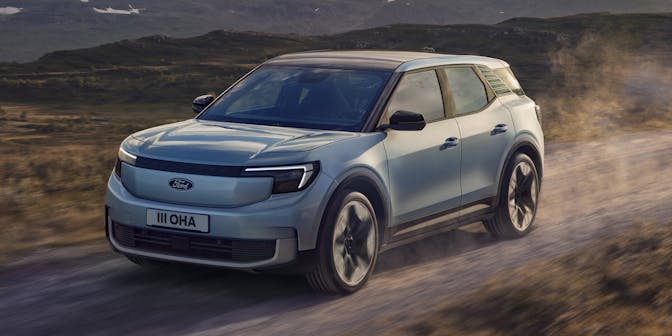
Tesla Model 3 RWD 4dr Auto
- £2,420.28 Initial rental (ex. VAT)
- £2,904.33 Initial rental (inc. VAT)
- 48 Month term
- 5000 Annual mileage
- Subject to status and conditions + arrangement fee
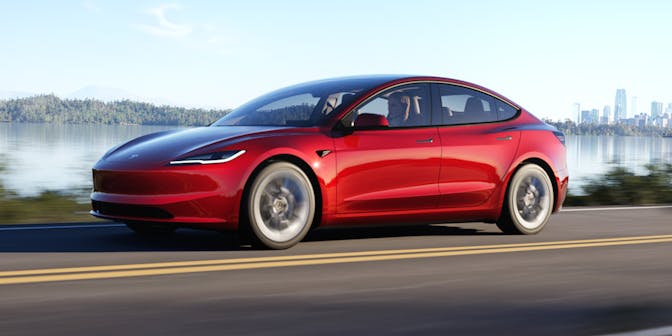
Tesla Model Y Standard Range RWD 5dr Auto
- £3,669.83 Initial rental (ex. VAT)
- £4,403.80 Initial rental (inc. VAT)
- 48 Month term
- 5000 Annual mileage
- Subject to status and conditions + arrangement fee
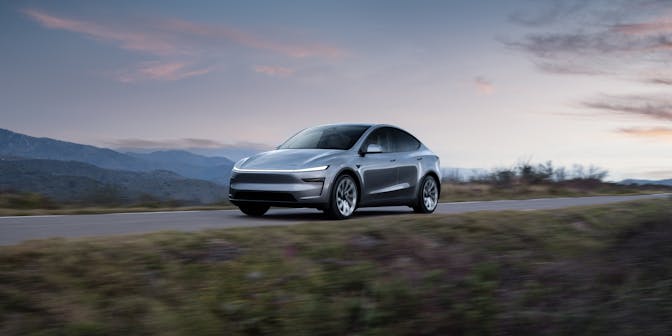
More EV Guides
6 surprising things you didn’t know about electric vans
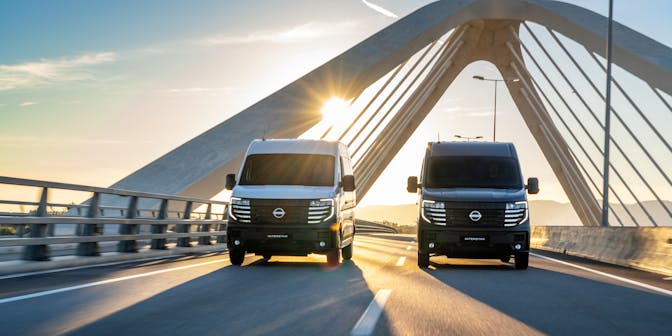
Understanding Vehicle Excise Duty (VED) or "Road Tax" for EVs
How to save money on a new car with Salary Sacrifice
